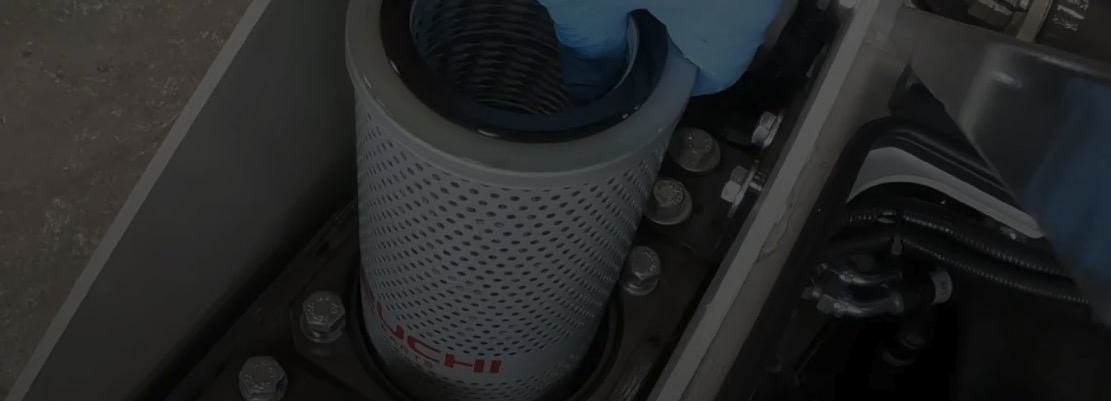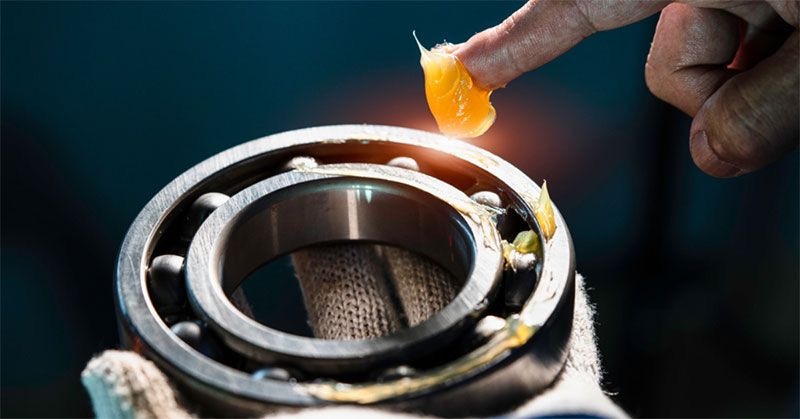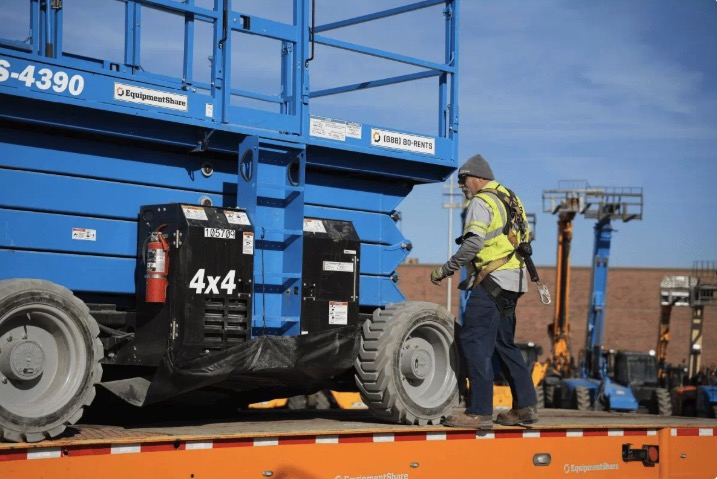
— November 18, 2025

A machine’s hydraulic system plays a vital role in its operation, providing incredible power, efficiently and reliably. At the heart of the hydraulic system are hydraulic filters, critical components responsible for maintaining the cleanliness and purity of the hydraulic fluid.
Hydraulic filters are designed to remove contaminants and impurities from the hydraulic fluid, ensuring smooth and reliable performance while protecting sensitive components from becoming compromised.
In most machines, hydraulic filters come in metal canisters which house a filter medium. These filters are commonly located near a machine’s hydraulic tank or in its engine bay. The exact location of your machine’s hydraulic fluid filter can be found in its service manual.
Over time, it is normal for hydraulic filters to become clogged. When a hydraulic filter has become clogged, the filter medium can no longer efficiently remove contaminants from the hydraulic fluid, and your machine’s hydraulic system may begin to malfunction.
Knowing how to spot the signs of a clogged or failing filter is essential to maximize the lifespan and efficiency of your machine.
A clogged hydraulic filter can have negative effects on the performance and longevity of heavy equipment. Therefore, it’s critical to recognize the signs of a potential hydraulic filter clog so that the filter can be replaced before causing further damage to the machine.
By recognizing the signs that a hydraulic filter has become clogged, you can optimize equipment performance and reduce repair costs.
Hydraulic filters are designed to remove contaminants from hydraulic fluid, ensuring the smooth operation and longevity of heavy equipment. That being said, several factors can cause hydraulic filters to become clogged.
Proper maintenance and repair are essential to prevent excessive filter clogging, and can help extend the life of your filters. Here are some common reasons for hydraulic filter clogs:
Failing to replace a clogged hydraulic filter can have detrimental consequences for your machine in both the short and long term.
Specific machine components directly affected by a faulty hydraulic filter include hydraulic pumps, which may experience reduced efficiency and increased risk of failure. Valves and cylinders can also be hindered in their responsiveness and overall performance, leading to imprecise control and reduced output.
In the short term, reduced hydraulic fluid flow and pressure can lead to sluggish machine performance and reduced efficiency. Over time, not replacing a clogged filter can cause irreversible damage to the hydraulic pumps, valves, cylinders and seals.
Eventually, a thoroughly clogged hydraulic filter may lead to leaks in the hydraulic system and system failure.
For your machine’s hydraulic system to function properly, it must be well maintained. One of the most critical aspects of hydraulic system maintenance is changing hydraulic filters regularly.
In addition to changing filters regularly, other measures should also be taken to ensure the hydraulic system is well maintained. This includes things like changing seals and gaskets on time, and frequently inspecting the hydraulic system for leaks.
Although it takes time and effort to maintain a machine’s hydraulic filters, it is a maintenance task that pays real dividends in the long-run, enhancing machine performance and maximizing productivity on the job.
If you’re in need of a replacement hydraulic filter, the MechLink Shop has you covered. Check out our selection of OEM and aftermarket hydraulic filters to find the right one for your machine. Can't find what you're looking for? Contact one of our parts experts and get personalized assistance

Skid steer overheating: causes and effects
December 30, 2025

Common transmission problems in heavy equipment and how to navigate them
December 30, 2025

What is a grease fitting? the functions and maintenance of zerks in heavy equipment
December 29, 2025

Slab or rough terrain scissor lift? choosing one based on maintenance & more
December 29, 2025